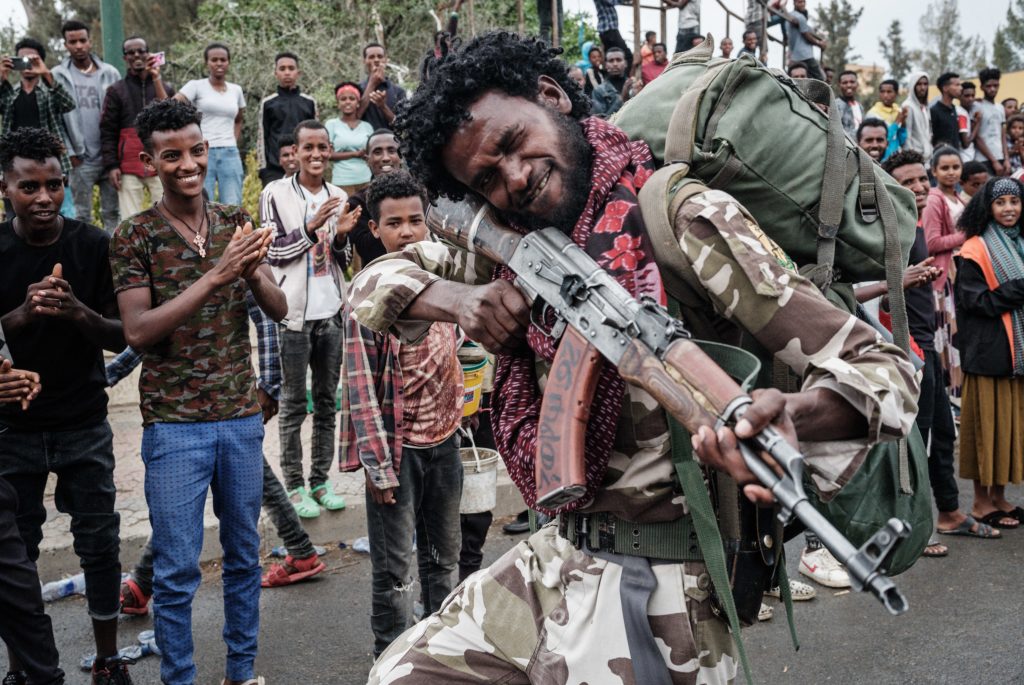Experts warn that disinformation campaigns in Ethiopia are exacerbating ethnic tensions and risking new outbreaks of violence. Supporters of warring factions are exploiting advanced technology and widespread media illiteracy to spread false claims, further destabilising Africa’s second most populous nation.
With 120 million people and a history of ethnic and political divisions, Ethiopia provides fertile ground for misinformation. The rise of social media has only intensified the problem, with 36 million online users vulnerable to doctored content. Fact-checkers, including AFP, have recently debunked numerous falsified videos, including manipulated speeches by Prime Minister Abiy Ahmed and false claims about rebel leaders.
Workineh Diribsa, a journalism lecturer at Jimma University explained that low media literacy is aggravating pre-existing conflicts and creating new socio-political challenges. This lack of literacy, combined with access to free AI editing tools, has made it easier to manipulate audio and video.
The issue extends beyond basic literacy. Norwegian media researcher Terje Skjerdal emphasised how disinformation tactics are evolving.

The 2022 peace agreement ending the war in Tigray has not resolved other ongoing conflicts in the Amhara and Oromia regions. False narratives continue to circulate, with both government supporters and rebel groups using disinformation to control public sentiment.
Civil society leader Befekadu Hailu highlights local media’s failure to counter these challenges. “The lack of engagement from both state and independent media has left room for conflict actors to exploit disinformation for financial and political gains,” he said.
Experts stress the urgent need for improved media literacy and expanded fact-checking initiatives in local languages. While platforms like AFP work in 26 languages, concerns are growing after Meta discontinued its fact-checking programme in the US, raising fears it might scale back globally.


